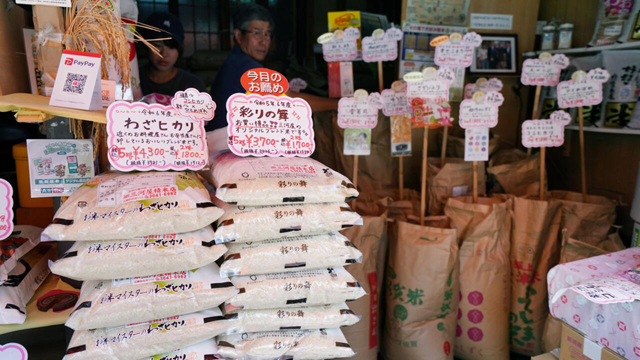News Flash

TOKYO, Sept 19, 2025 (BSS/AFP) - Inflation in Japan slowed to 2.7 percent in August due partly to government energy subsidies, official data showed Friday, with the cost of rice easing following a huge price spike.
Inflation continues to be driven by rice prices, which increased by 68.8 percent year-on-year in August after surges of around 100 percent in June and 90.7 percent in July.
Voters angry about rising rice costs have deserted the long-dominant ruling Liberal Democratic Party, and this month an under-pressure Prime Minister Shigeru Ishiba announced he would step down after his coalition lost its majority in both chambers.
Rice prices have skyrocketed because of supply problems linked to a very hot summer in 2023 and panic-buying after a "megaquake" warning last year, amongst other factors.
The core inflation reading from the internal affairs ministry, which excludes volatile fresh food prices, was in line with market expectations, and was down on the 3.1 percent in July.
Abhijit Surya of Capital Economics said the main factor behind the fall in inflation was "a deepening of energy price deflation... due to the resumption of electricity and gas subsidies".
But Taro Kimura, an analyst with Bloomberg Economics, said that a pullback in inflation "won't change the big picture".
"Consumer prices will remain warm enough to keep the Bank of Japan on track to pare stimulus, likely as soon as October," he added.
Ishiba appointed a new farm minister and his government has released emergency stocks in an effort to bring prices down.
Last month Japan announced a change in its decades-old policy of encouraging farmers to grow crops other than rice.
US President Donald Trump also wants Japan to import more American rice.
- Export woes -
Last month, data showed that Japan's economy grew at an annualised pace of 1.0 percent in the second quarter.
The reading suggested the economy was suffering less than feared from US tariffs.
But other data released this week showed exports to the United States plunged nearly 14 percent in August, with cars down 28.4 percent.
The auto industry, which accounts for about a third of Japan's exports to the United States, has been suffering under a 27.5 percent levy.
However, on Tuesday, lower US tariffs on Japanese autos kicked in as Washington implemented a recent trade pact between the two countries.
Vehicles will now face a 15 percent toll, the same as many other goods.
While the implementation of the trade deal marked a win for Japan, the levies will continue to cause huge pain for the nation's industries and Japanese business lobbies are hoping Tokyo will push on with fresh negotiations.
Japan's automobile industry, which includes major firms such as Toyota and Honda, accounts for around eight percent of the country's jobs.